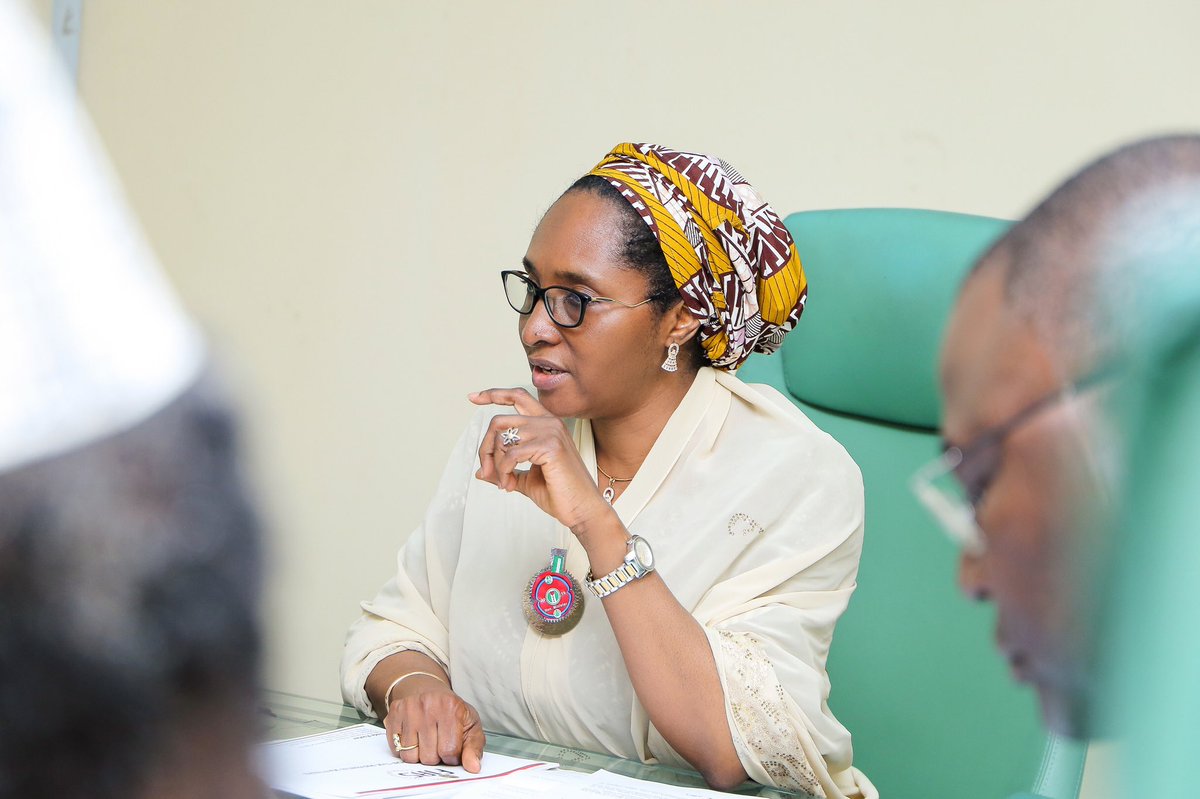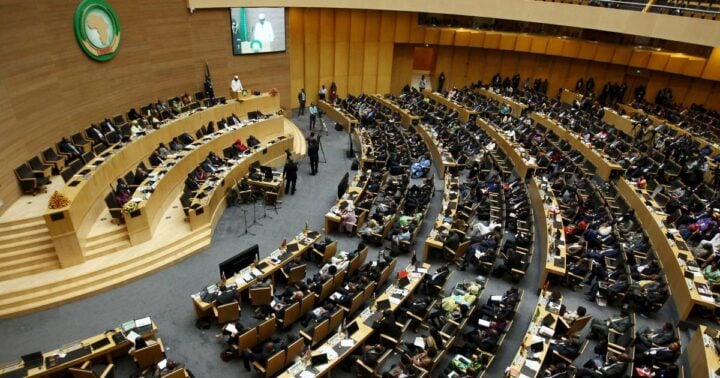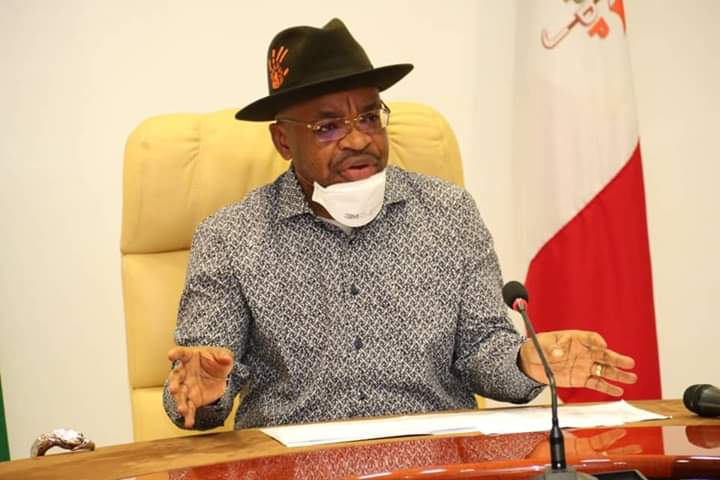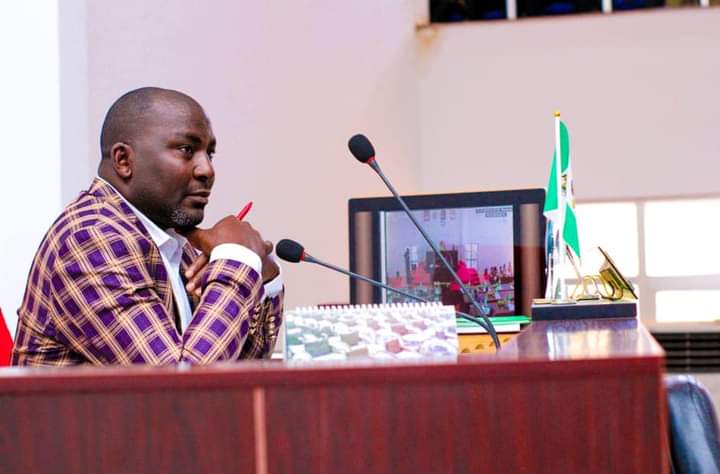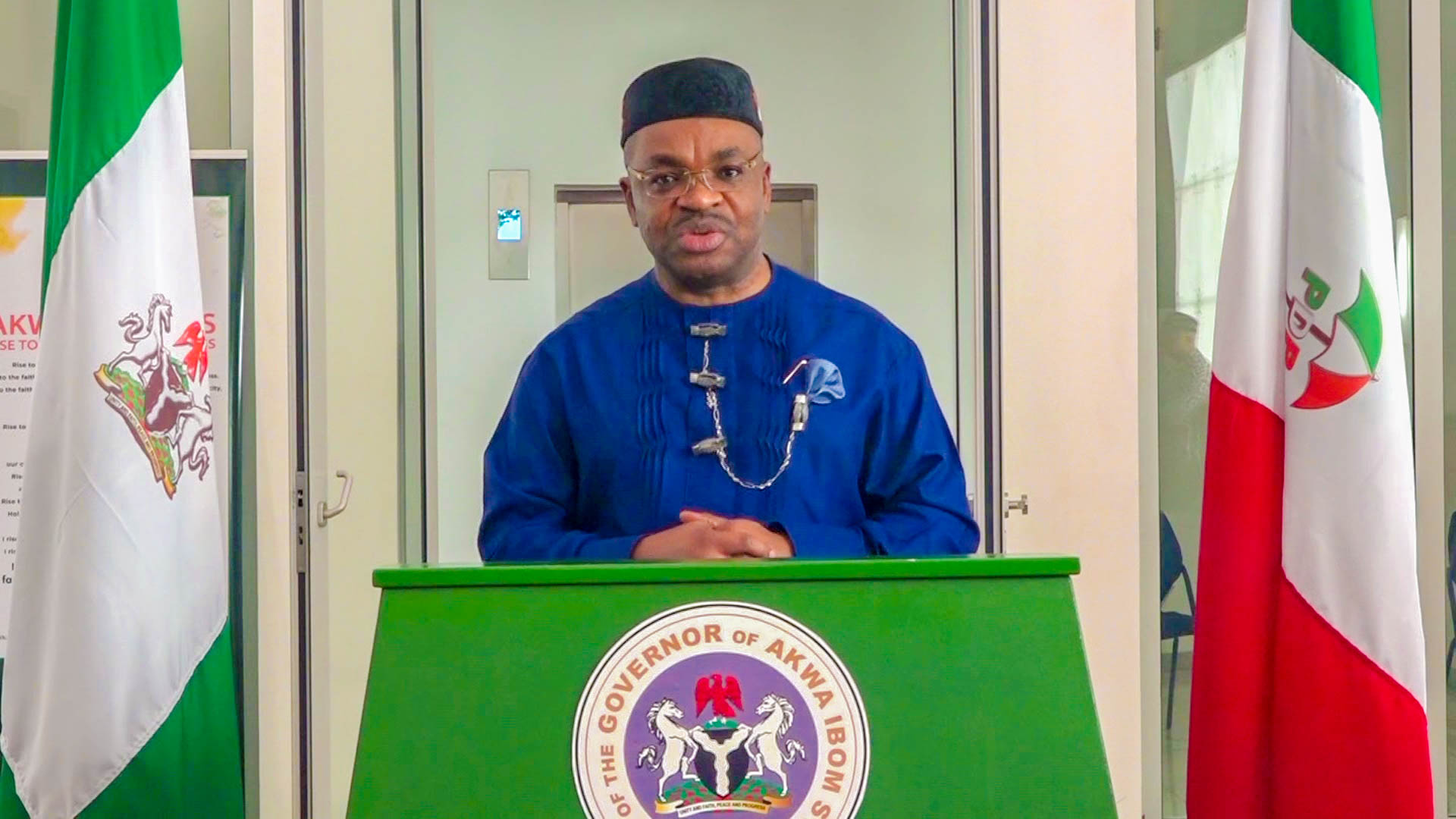Finance ministry: We're not aware of the alleged $3.5 billion subsidy fund | TheCable.ng
BY SOLA ONI
I was a rapporteur at the national workshop of the Chartered Institute of Stockbrokers (CIS) at Transcorp Hilton, Abuja on August 19, 2021. The honourable minister of finance, Zainab Ahmed, presented a lucid and detailed paper on how the Nigerian capital market had in the past enhanced economic growth and development and the need to further exploit such opportunities. I wanted to ask a few questions after her presentation but realised that she represented President Muhammadu Buhari to declare the workshop open. Therefore, her address was like a priest’s sermon which cannot be questioned while on the pulpit. It is ex-cathedral because the priest is believed to be under the influence of the Holy Spirit.
I knew that she might not be able to wait after the group photograph. But as a reporter, I needed to explore another option to engage Madam Ahmed on this rare opportunity before she leaves the venue. Barely three minutes of my waiting at the main entrance of the conference room, the honourable minister, flanked by some of her aides surfaced. I said “thank you for coming ma,” and “your presentation was food for thought”. She stared at me and I quickly introduced myself and said “but your brilliant presentation has put many of us in a quandary on the way the federal government underutilises the capital market in fixing the economy”.
She was curious to hear more. Now that I had secured her attention, I became the focus of the minister and her team. I continued by saying that over the years, the federal government has not considered stockbrokers’ communique after each event. I submitted that if the government had implemented just 50 percent of the previous communiques, the Nigerian capital market would have accelerated double-digit growth of the economy on a sustainable basis. I stated that the principles that underpin workshops and conferences of capital market operators, especially the Institute and Association for Securities Dealing Houses of Nigeria (ASHON), is the nexus between the capital market and the economy and how the market can be utilised by the government at all tiers to finance capital projects, in addition to attracting corporate, institutional, and individual investors into the market.
Advertisement
I pointed out that the misalignment of fiscal and monetary policies undermines integration of the money and capital market to the detriment of the latter. I asked what the government is doing to create an enabling environment to encourage more participation of foreign investors, hedge funds, private equity firms, venture capitalists and pension administrators on the market.
I raised the issue of incentivising quotable companies across various sectors of the economy to seek listing on the securities market; equitable treatment for all operators of commodities exchanges; efficacy of devaluation of the naira in an environment of fragile export base, taming stagflation, forex scarcity; exchange rate volatility despite the Central Bank’s intervention, a big question mark on the high cost of governance; funding of the frightening budget deficit of N6.26 trillion; latest forecast by the International Monetary Fund (IMF) that Nigeria’s debt to GDP ratio might hit 42 percent in 2026; debatable assumptions of the 2022 fiscal budget, ding-dong legal tussle on the value-added tax (VAT); mounting unemployment and restive youths’ pent-up anger for neglect, resulting into perennial agitation of different professional bodies in Nigeria; little or no impact of all sorts of empowerment programmes to lift 100 million Nigerians out of poverty; changing tactics of insecurity daily and the nagging issue of trust deficit in the government’s economic permutations and models as all these undermine the patronage of the capital market.
I commended the federal government on its issuance of some tranches of Sukkuk Bonds vide the Debt Management Office (DMO). Although the bonds are always oversubscribed, with the quantum of money required for capital projects, why is the government not considering more aggressive infrastructural financing through the capital market, given the obvious benefits of revenue bonds, a self-paying debt instrument? I also reminded her about securitisation of debts to fund budget gaps as part of the strategy to address the ongoing physical and spiritual attack on the government over its borrowing spree.
Advertisement
Having noted that one of her aides was jotting my points, I urged her to also attend the institute’s annual conference scheduled for Thursday, October 28 and Friday, October 29 at Harbour Point 4, Victoria Island with the theme: “Capital Market as a Catalyst for Economic Development and Sustainable Growth”, where experts will diagnose and proffer solutions, once again, to the factors that hinder the growth of Nigerian capital market and how the market can be leveraged for economic growth and development.
Sensing her positive body language about the conference, I added that its objective is to build innovative conversations on “optimising some elements of the capital markets to improve economic development and sustainable growth in Nigeria”. I was emphatic that the conference shall focus on review of the controversial Petroleum Industry Act (PIA), micro, small and medium enterprises (MSMEs) as engines of economic growth and development, regulation and impacts of crowdfunding, unclaimed dividend, fintech evaluation and the capital market as the strategic forum shall produce a strong communique on the way out of Nigeria’s economic conundrum.
But I politely noted that some market observers have expressed concerns that the planned partial privatisation of Nigerian National Petroleum Corporation (NNPC) may take ages to crystalise, gong by the government’s lethargic approach to privatisation of moribund state enterprises over the years. After almost 25 minutes, her aide that was taking notes looked unfriendly, a signal that I should round off. But I decided to risk the final comment. I said some analysts are wondering why the federal government downplayed the capital market in its economic planning, noting that some of the foreign loans, including Eurobond that the government was flaunting as cheap, were more expensive than revenue bond and that Nigeria was running “Bubunomics” where a high percentage of revenue goes for debt servicing with the risk of mortgaging the critical infrastructures to lenders.
With fulfillment, I said, “hope my humble observations shall find consideration and implementation space in the heart of the government”. Her response had been non-verbal throughout. She smiled at any point she considered as commendation but stylishly frowned at others. At this juncture, she thanked me and said my observations were appreciated and would be given immediate attention. As she was calmly leaving with her aides, I suddenly realised that I was in a light trance, but a remarkable one.
Advertisement
Oni, an integrated communications strategist, Chartered Stockbroker and Commodities Broker, is the chief axecutive officer, Sofunix Investment and Communications
